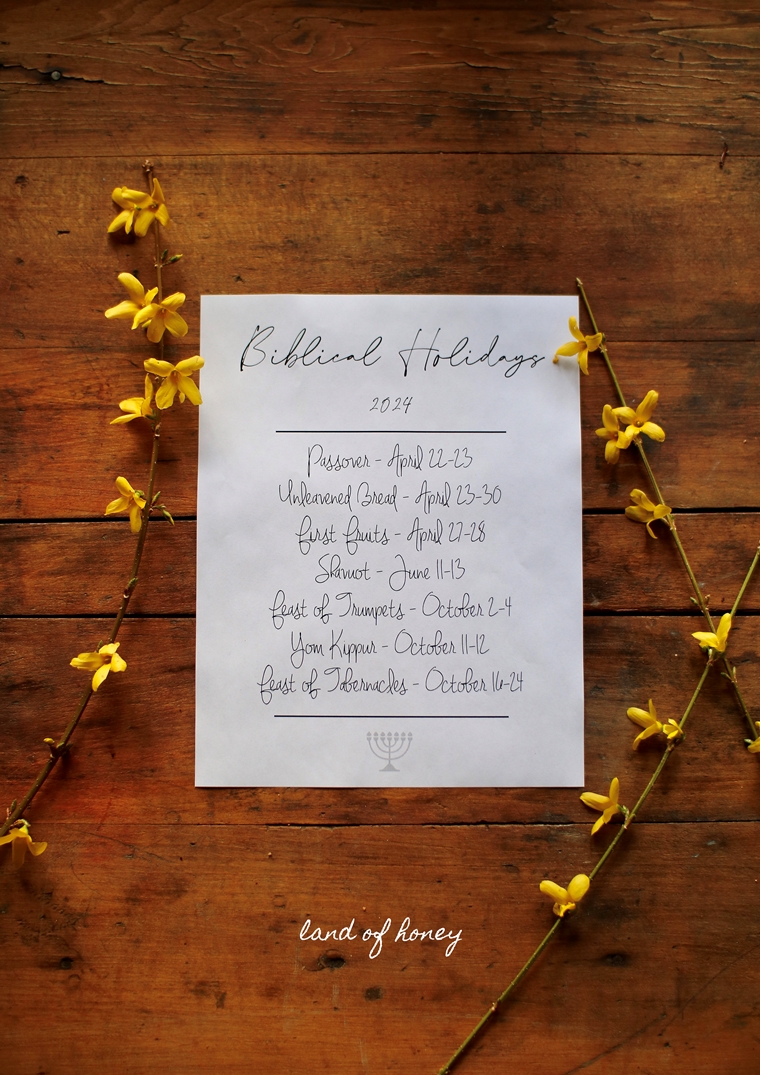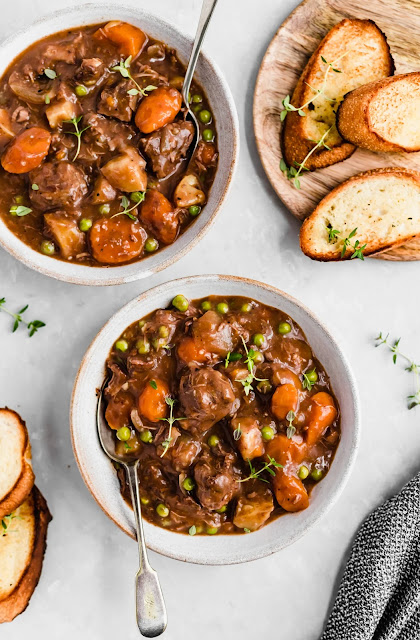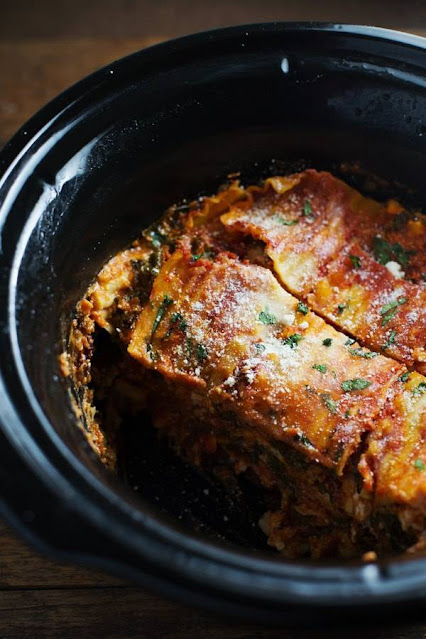Ezekiel 20:25 is quite the notorious verse that can be seen as contradictory, confusing, or as a smoking gun that God doesn't like his own law, and that the commandments are now done away with. But what is the real meaning of this Old Testament verse? Let's examine this Scripture to see for ourselves that this is not talking about Biblical law or the commandments.
Let's take a look at what it says in the common NIV version:
"I gave them other statutes that were not good, and laws through which they could not live." -Ezekiel 20:25
This is an easy verse to pull out to say that the law is not good. Pastors and Bible commentary alike will use this verse as some sort of once and for all statement that Biblical law was not a good thing (God himself is talking in this passage!), and that, therefore, we are now free from the commandments.
But shouldn't this interpretation give us pause? God is talking here and he says that he gave us something that wasn't good? Does that mess with our "God is good, all the time" theology? Doesn't it sound like God is just being mean here? Didn't Jesus have a parable about not giving bad gifts? Why would YHWH give his people something that was not good?
If we look at other versions of this verse. We will see slightly different wording, that makes a significant difference.
"I gave them up to statutes that were not good, and judgments by which they could not live." -Ezekiel 20:25 NKJV
I gave them up to, reads very differently from I gave them. This is not talking about laws or statutes from the Living God, but something else entirely. If we back up and take a look at the context we will have a better idea of what is meant by this statement.
The bulk of Ezekiel 20 is YHWH himself speaking. Early on in this passage (in verse 5), he brings up Israel in Egypt. He goes on to say (verse 7) that when he brought the Israelites out of Egyptian slavery, he told them to throw away all idols and abominations. "But they rebelled against me and would not obey me." Up until verse 25, the whole chapter is about Israel rejecting God's laws in order to serve idols. In Ezekiel 20:24 it says, "They had not done my right rulings, they rejected my laws, and profaned my Sabbaths, and their eyes were on their fathers' idols."

Because of this context, we can see that the laws and rulings referred to in verse 25 don't mean Biblical law or the Levitical priesthood laws. If we read verse 25 as a stand alone verse, you could make the argument that laws of men - whether religious or governmental - fit the bill, but that's not the point either. The laws and rulings were about the power of idols and the corrupted nature of human flesh. These were what God gave his people up to. This passage is absolutely not saying that Biblical law was bad or that it took away life. It's saying that the paths of idolatry and serving our own flesh cannot lead to life.
We know for sure Ezekiel 20:25 isn't talking about Biblical law and the commandments because of verse 11.
"I gave them my laws and showed them my right rulings, which if a man does, he shall live by them." -Ezekiel 20:11
YHWH said that if a man does his laws, he shall live by them. This is the opposite of verse 25's laws, by which people cannot live. Both verses cannot be talking about the same laws. We see that this whole chapter is about his people willingly choosing to participate in idol worship, in spite of express warnings he had given them about this. This fits with the words of Romans.
"Therefore God gave them over to the sinful desires of their hearts to disrespect their bodies among themselves, who changed the truth of Elohim into lies, and worshipped and served the created rather than the Creator...because of this God gave them over to degrading passions." -Romans 1:24-26
Here is a New Testament passage that agrees with the idea that God let his people pursue their own desires and that his people chose to worship things besides the Creator. These are the things that don't lead to life...not the word of God or his instructions for living.
Psalm 81:9-12 echoes this idea as well.
"You shall have no foreign god among you; you shall not worship any god other than me. I am YWHH your God, who brought you out of Egypt. Open wide your mouth and I will fill it. But my people would not listen to me; Israel would not submit to me. So I gave them over to their stubborn hearts to follow their own devices."
Once again, idolatry and pursuing our own desires at the expense of God's word is what is not good, and which doesn't lead to abundant life. Ezekiel 20 tells us that not only are the rulings and laws of God right, but they help us to live! Not only do the words of Ezekiel 20:25 not mean that Biblical commandments are bad or cumbersome, but this passage fits with the rest of Scripture, from Old Testament writings to the words of the Messiah and the letters of Paul, in that it calls for humanity to do what God says.
"I am YHWH your God. Walk in my laws. Guard my rulings and do them, and set apart my Sabbaths." -Ezekiel 20:19-20
More on understanding the Old Testament:
Four Distinctions We Need to Make to Understand Scripture
What You Should Know about the Levitical Priesthood
What Were the Sins of Jeroboam?
































.JPG)


